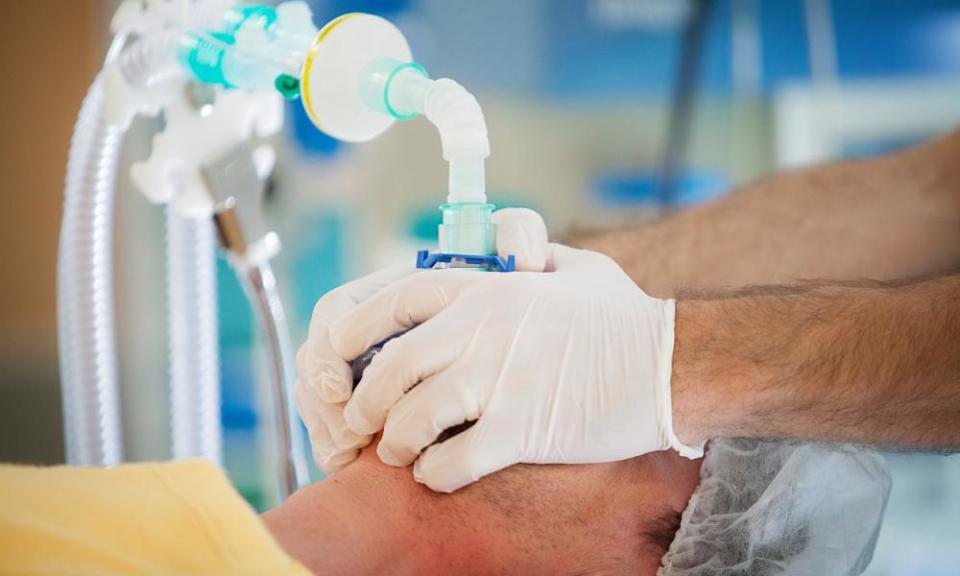Risk to anaesthetists from chemical linked to Parkinson’s disease

We have received reports that anaesthetists exposed to trichloroethylene (TCE) may develop Parkinson’s disease (Rates of Parkinson’s disease are exploding. A common chemical may be to blame, 7 April). TCE was used as a general anaesthetic agent from the 1940s to the early 80s (when it was known by its tradename Trilene). If so, the presumption is that it would be chronic exposure over the course of a career that would present the greatest risk, and there has been no suggestion that patients receiving this agent would develop the disease.
We are asking our members to contact us with their experiences of Parkinson’s in themselves or colleagues if they used Trilene. In 1915, it was recognised that TCE could damage nerves. Indeed, its first medical use was to treat trigeminal neuralgia by destroying the nerves that caused (or carried) the very unpleasant facial pain suffered by patients with this condition. A drug used medically to deliberately damage nerves may now be causing harm by damaging nervous tissue after environmental or accidental exposure.
Dr Mike Nathanson
President, Association of Anaesthetists

 Yahoo Finance
Yahoo Finance 